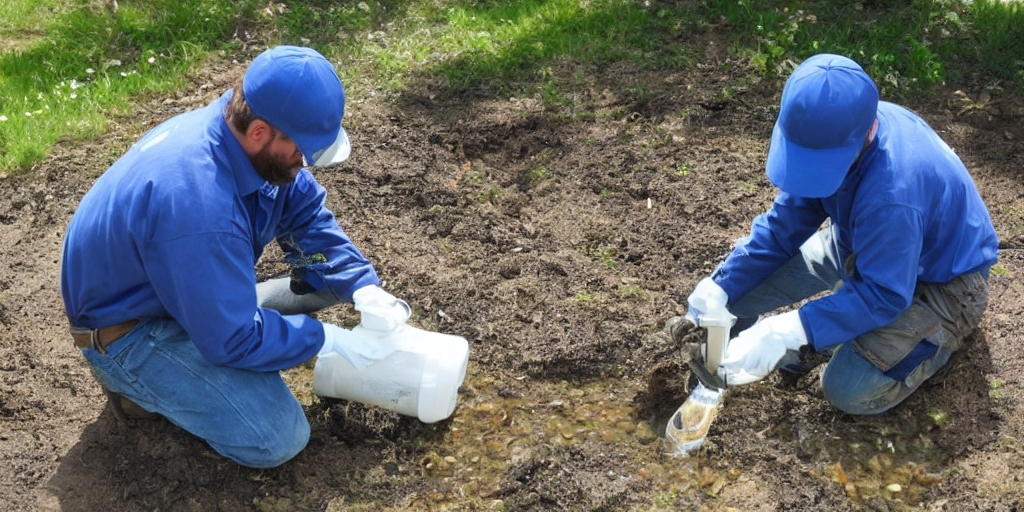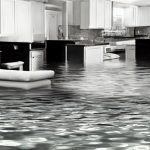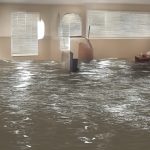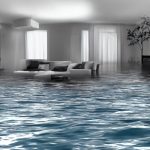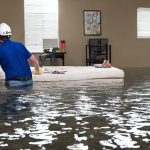Introduction
In the realm of disaster recovery and property restoration, water damage stands out as a particularly formidable challenge. Whether it’s caused by floods, leaks, or plumbing failures, water damage can wreak havoc on structures, belongings, and even health if not addressed promptly and effectively. This is where the expertise of a water restoration technician becomes invaluable.
Understanding the Role of a Water Restoration Technician
A water restoration technician is a highly trained professional responsible for mitigating and restoring properties affected by water damage. Their role encompasses a wide range of tasks, from assessing the extent of the damage to implementing strategies for drying and sanitizing affected areas. Let’s delve deeper into what it takes to become a proficient water restoration technician.
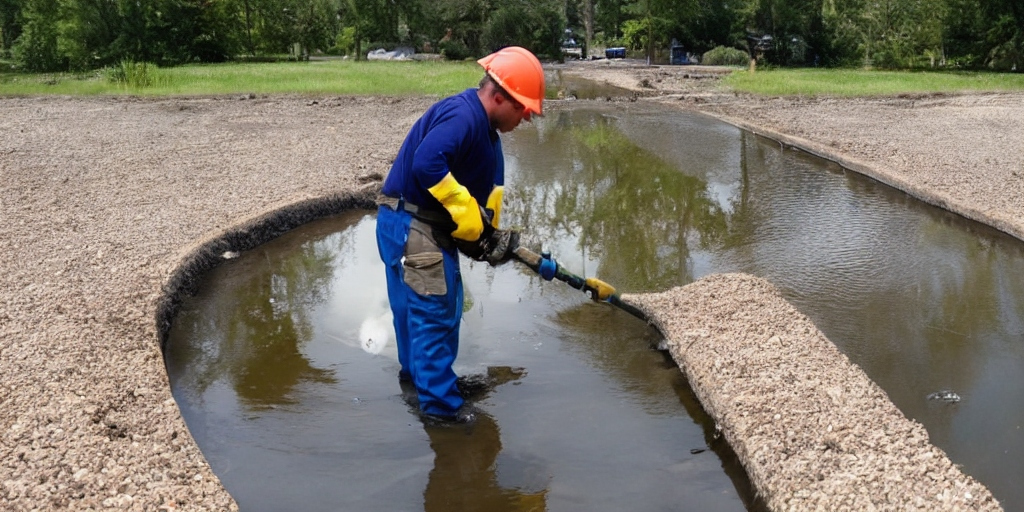
Also Read: Water Damage Restoration Houston TX: Restoring Hope Amidst Chaos
Training and Certification
One cannot understate the importance of proper training and certification in this field. The Institute of Inspection, Cleaning and Restoration Certification (IICRC) offers a specialized course known as the Water Damage Restoration Technician (WRT) course. Spanning three days, this course covers essential topics such as the history of water damage restoration, health and safety protocols, psychrometrics, structural drying techniques, and more.
Course Curriculum
During the WRT course, aspiring water restoration technicians delve into various aspects of water damage restoration. They learn about the industry-standard S500 Standard and Reference Guide for Professional Water Damage Restoration, gaining insights into the principles and practices that govern the field. The curriculum also includes an in-depth exploration of psychrometry, which involves understanding the behavior of air and moisture in different environments.
Hands-On Experience
One of the hallmarks of the WRT course is its emphasis on practical learning. Participants have the opportunity to familiarize themselves with inspection tools used to assess moisture levels in structures. They also gain hands-on experience in using a wide array of equipment, including extractors, air movers, air scrubbers, and dehumidifiers. By the end of the course, students are equipped with the skills and knowledge needed to tackle real-world water damage restoration projects effectively.
IICRC Certification Exam
Upon completing the WRT course, students have the option to take the IICRC certification exam. This exam serves as a validation of their understanding of water damage restoration principles and techniques. To earn certification, candidates must demonstrate their proficiency in areas such as microbial contamination control, chemical applications, and structural drying. Achieving certification not only enhances one’s credibility but also opens up new opportunities for career advancement.
Career Opportunities
Armed with an IICRC certification as a Water Damage Restoration Technician, individuals can pursue a variety of career paths within the restoration industry. They may find employment with restoration companies, insurance agencies, or property management firms. Some may choose to start their own restoration businesses, leveraging their expertise to serve residential and commercial clients alike.
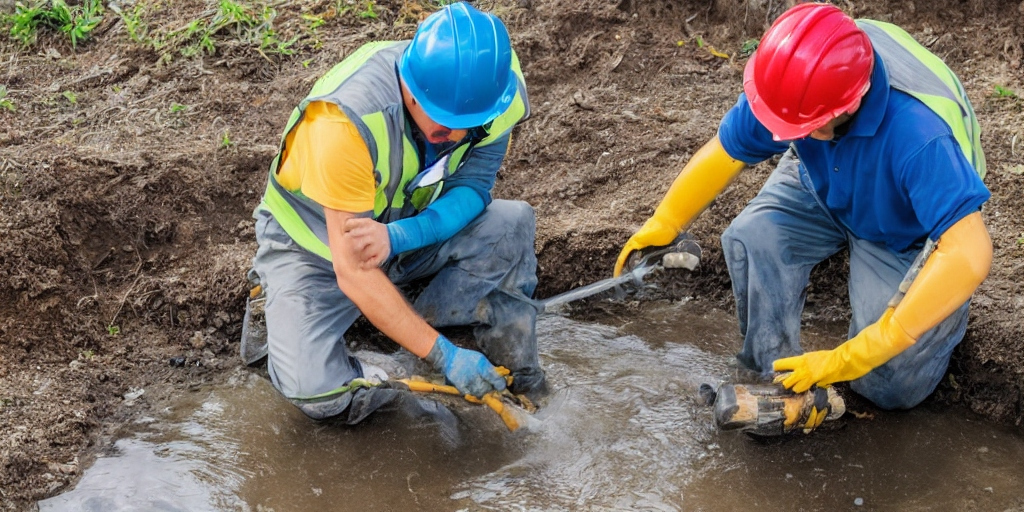
Also Read: Restoring Peace: Water Damage Restoration in St. Petersburg
Conclusion
In conclusion, becoming a water restoration technician requires dedication, training, and a commitment to excellence. By completing the IICRC Water Damage Restoration Technician course and earning certification, individuals can embark on a fulfilling career in a field where their expertise makes a tangible difference in the lives of those affected by water damage. Whether it’s restoring homes after a flood or mitigating water-related issues in commercial properties. Water restoration technicians play a crucial role in restoring normalcy in the face of adversity.
Through comprehensive training, practical experience, and ongoing professional development. Water restoration technicians uphold the highest standards of excellence in their field. As stewards of restoration and recovery, they embody resilience, expertise, and compassion in every project they undertake.
